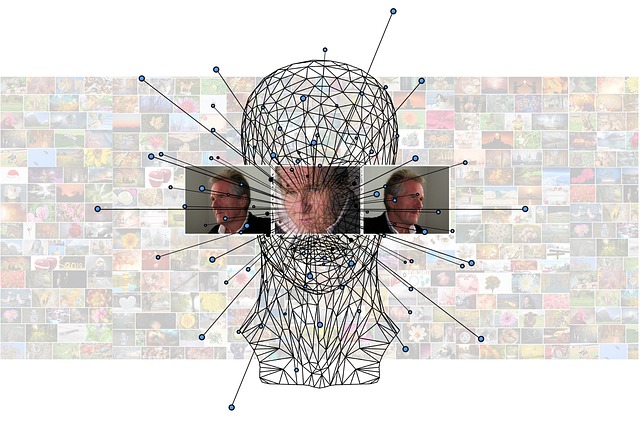The Future of Algoritmus: How Adaptive Systems are Revolutionizing Robotics and Business Automatization
In an era where technology evolves at an unprecedented pace, the term adaptive system has become a cornerstone of innovation, particularly in the fields of robotics and business automation. These systems possess an inherent ability to learn, evolve, and adjust to new scenarios, making them invaluable in a world that demands flexibility and efficiency.
The Role of Adaptive Systems in Robotics
Robotics has undergone a transformation thanks to adaptive systems. Unlike traditional robots that follow a predetermined script, adaptive robots can learn from their surroundings and experiences. This means they can improve their performance over time, handle unexpected challenges with ease, and collaborate seamlessly with humans. Think of industrial robots that are equipped with artificial intelligence: they analyze data in real-time, optimize their tasks, and even predict maintenance needs. This leads to reduced downtime and increased productivity, significantly benefiting industries such as manufacturing, healthcare, and logistics.
Artificial Intelligence: The Brain Behind It
At the core of these adaptive systems lies artificial intelligence (AI). AI algorithms are designed to process vast amounts of data, identify patterns, and make informed decisions. In the context of robotics, this means that machines can not only perform repetitive tasks but also adapt to new situations, learning from their environment to improve workflow. Imagine robots in warehouses that not only retrieve items but anticipate orders based on historical data, thereby streamlining the supply chain. This blend of AI and robotics demonstrates the potential of adaptive systems to bring a new level of intelligence and adaptability to the industrial realm.
Business Automation: More Than Just Efficiency
In the realm of business automatization, adaptive systems are paving the way for a new philosophy of operation. Companies are increasingly turning to automation not just for efficiency, but also for agility. Adaptive systems in business processes can analyze market trends, customer behaviors, and operational data to make dynamic decisions that drive growth. For instance, customer service chatbots powered by adaptive AI can learn from interactions, improving their responses and making the experience more personalized for users. This level of customization fosters stronger customer relationships and enhances brand loyalty.
Moreover, adaptive systems can help identify new opportunities for automation. By analyzing performance metrics and employee feedback, companies can discover areas where automation can relieve team members from mundane tasks, enabling them to focus on higher-value activities. This shift not only boosts employee morale but also positions the organization to respond swiftly to market changes.
The Human Element in Adaptive Systems
As we embrace the future of adaptive systems, it is crucial to remember the human element. While machines may be enhancing capabilities and streamlining processes, the human touch remains irreplaceable. Adaptability is not solely a trait of technology; it is a fundamental quality of organizations and their workforce. The successful integration of adaptive systems will depend on fostering a culture of collaboration, creativity, and continuous learning.
Ultimately, the convergence of robotics, artificial intelligence, and business automation through adaptive systems holds vast potential for reshaping our world. As we stand at the brink of this technological revolution, it is clear that embracing adaptability will be the key to thriving in a fast-changing landscape.




